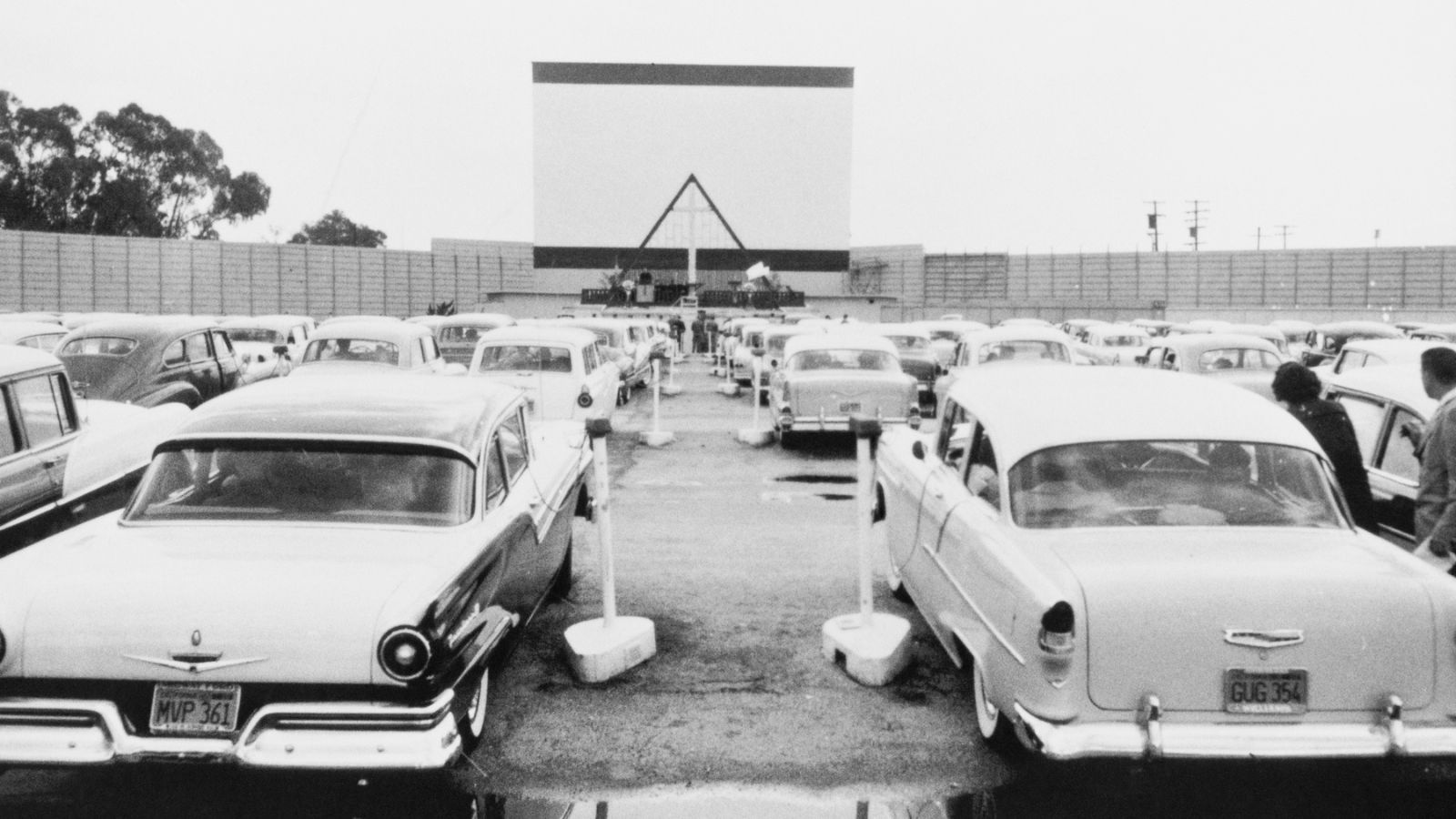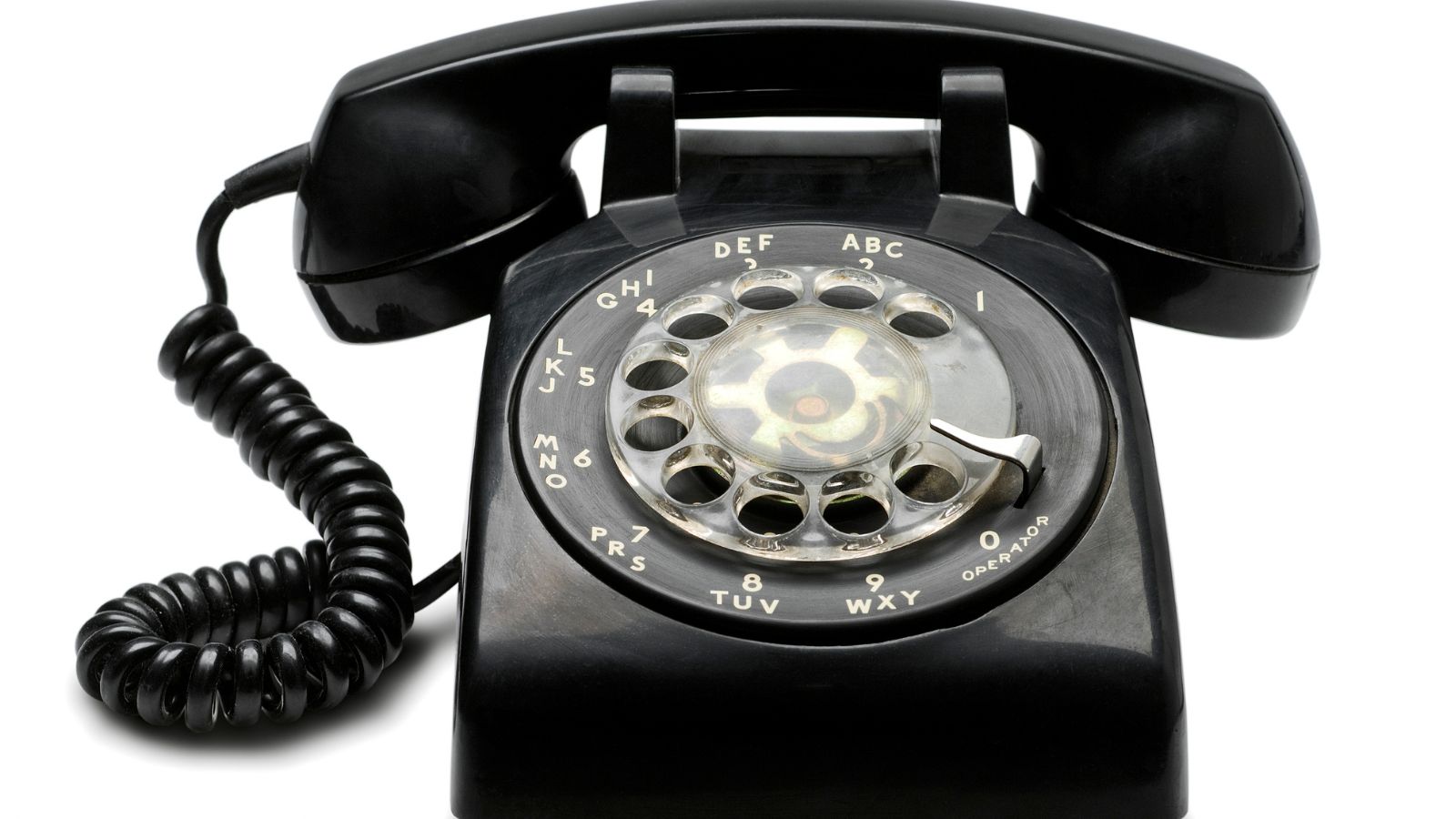12 Things Boomers Wished Were Still Be Around

As time marches forward and technology continues to evolve at a rapid pace, it’s natural for generations to reflect on their childhood experiences with a sense of nostalgia. Baby boomers, who grew up during the mid-1940s to the early 1960s, often look back fondly on the things they had during their youth. These cherished items hold a special place in their hearts, and boomers firmly believe that they should still be a part of our modern world.
1. Record Players

Boomers reminisce about the good old days when vinyl records were the epitome of music entertainment. They fondly recall the unique crackling sound and the joy of carefully placing the needle on their favorite albums. Boomers believe that record players offered a tangible and immersive experience that modern digital music lacks. The act of flipping through vinyl collections and admiring album art added a certain charm to their music consumption that they feel should still be appreciated today.
2. Drive-in Theaters

Boomers look back on drive-in theaters as an unforgettable part of their childhood. They recall the excitement of piling into the family car, setting up lawn chairs, and watching movies under the stars. The nostalgic atmosphere and the communal experience of watching films on a large outdoor screen were treasured memories for boomers. They believe that the renaissance of drive-in theaters would bring back a sense of togetherness and allow new generations to appreciate the magic of open-air cinema.
3. Encyclopedias

Boomers remember the trusty encyclopedias that adorned their bookshelves, providing a wealth of knowledge at their fingertips. They believe that having a physical set of encyclopedias encouraged exploration and curiosity, as flipping through the pages often led to serendipitous discoveries. While the internet offers vast information, boomers argue that the experience of browsing through a printed encyclopedia allowed for a deeper connection with the material and a more focused learning experience.
4. Typewriters

Boomers recall the days when typewriters were a ubiquitous tool for writing and communication. They cherish the satisfying clackety-clack sound of the keys and the physicality of pressing each letter onto paper. Boomers believe that typewriters fostered a greater attention to detail and precision in writing, as mistakes required correction using whiteout or starting over from scratch. They feel that reintroducing typewriters in the digital age would inspire a renewed appreciation for the craft of writing and a slower, more deliberate approach to composition.
5. Paper Maps

Boomers have a soft spot for paper maps and the sense of adventure they invoked. They reminisce about unfolding a map on a road trip and carefully plotting their course with a highlighter or pen. Boomers argue that relying on GPS navigation removes the thrill of exploration and the chance to stumble upon hidden gems along the way. They believe that keeping paper maps accessible would encourage individuals to embrace the spontaneity of travel and rediscover the joy of getting lost in unfamiliar territory.
6. Saturday Morning Cartoons

Boomers wax nostalgic about waking up early on Saturday mornings to catch their favorite cartoons. They recall the excitement of gathering around the TV, bowl of cereal in hand, and immersing themselves in animated worlds for hours. Boomers argue that the modern trend of on-demand streaming and 24/7 access to cartoons has diminished the anticipation and communal experience they enjoyed as children. They believe that preserving designated time slots for Saturday morning cartoons would recapture the magic of this cherished tradition.
7. Rotary Phones

Boomers reflect on the days when rotary phones were the primary means of communication. They recall the deliberate process of dialing each number and the satisfaction of hearing the dial click back into place. Boomers argue that rotary phones encouraged patience and mindfulness in conversations, as each call required a deliberate physical action. They feel that incorporating rotary phone aesthetics into modern communication devices would serve as a reminder to slow down, appreciate the present moment, and foster more meaningful connections.
8. Handwritten Letters

Boomers reminisce about the art of handwritten letters and the personal touch they carried. They recall the excitement of receiving a heartfelt note in the mail and the anticipation of crafting their own responses. Boomers believe that handwritten letters fostered deeper connections and allowed for more thoughtful expression of emotions. They argue that preserving this tradition in the digital age would add a sense of sincerity and nostalgia to interpersonal communication.
9. Polaroid Cameras

Boomers fondly remember the instant gratification of taking photos with Polaroid cameras. They cherish the ability to capture a moment and hold a tangible print in their hands within seconds. Boomers believe that Polaroid cameras offered a unique charm that digital photography cannot replicate. They argue that the physicality of the prints encourages people to treasure and share their memories in a more meaningful way.
10. Family Dinner Time

Boomers emphasize the importance of family dinner time, where everyone gathered around the table to share a meal and engage in meaningful conversations. They recall the sense of connection and unity that these moments created. Boomers believe that prioritizing regular family dinners would strengthen familial bonds and provide a sanctuary for open communication. They argue that setting aside dedicated time for shared meals promotes healthier relationships and overall well-being.
11. Public Libraries

Boomers have a deep appreciation for public libraries as invaluable community resources. They recall spending hours browsing shelves, discovering new books, and enjoying the peaceful ambiance. Boomers believe that public libraries are essential for fostering a love of reading, providing access to knowledge, and promoting intellectual growth. They argue that maintaining and supporting these institutions ensures that future generations can benefit from the same opportunities for education and personal enrichment.
12. Handwritten Recipes

Boomers treasure handwritten recipes passed down through generations. They recall the nostalgia of flipping through handwritten recipe cards, stained with remnants of past cooking adventures. Boomers believe that handwritten recipes capture family traditions and culinary legacies in a way that digital recipes cannot replicate. They argue that preserving the art of handwriting recipes ensures the preservation of cultural heritage and encourages a more personal and intimate approach to cooking.
50 Super Simple Side Hustle Ideas

50 Super Simple Side Hustle Ideas (& How to Make Them Work)
10 Frugal Lessons I Learned From Being Flat Out Broke

10 Frugal Lessons I Learned From Being Flat Out Broke
How To Make Money Without a Job

How To Make Money Without a Job
Creative Ways To Make Money

20 Easy Ways to Raise A Credit Score Fast







